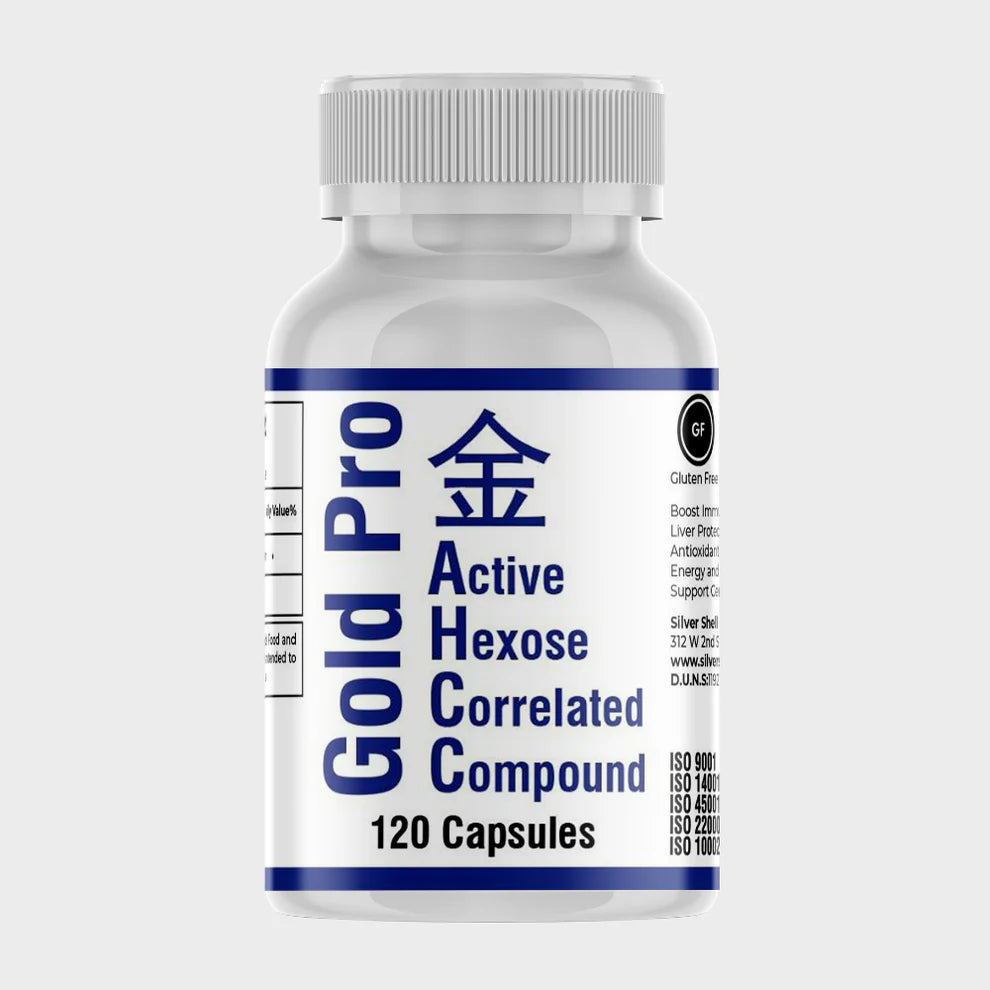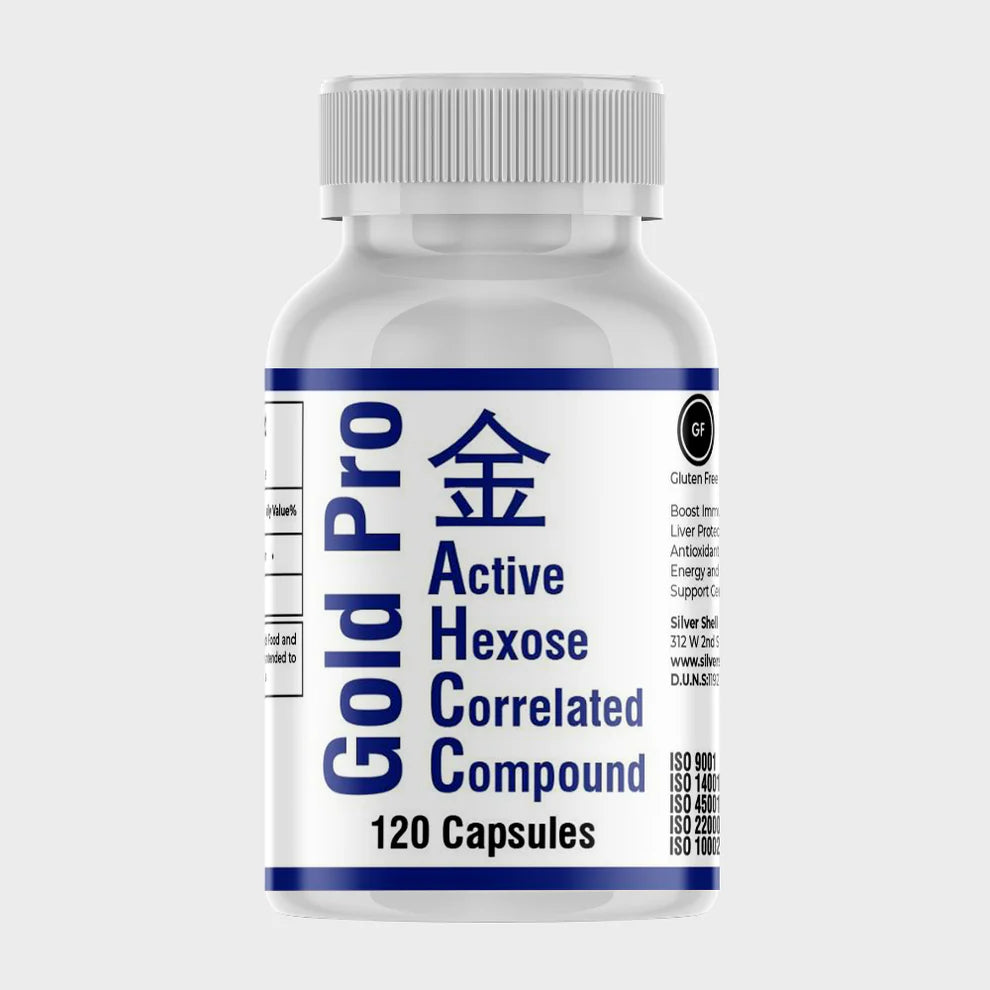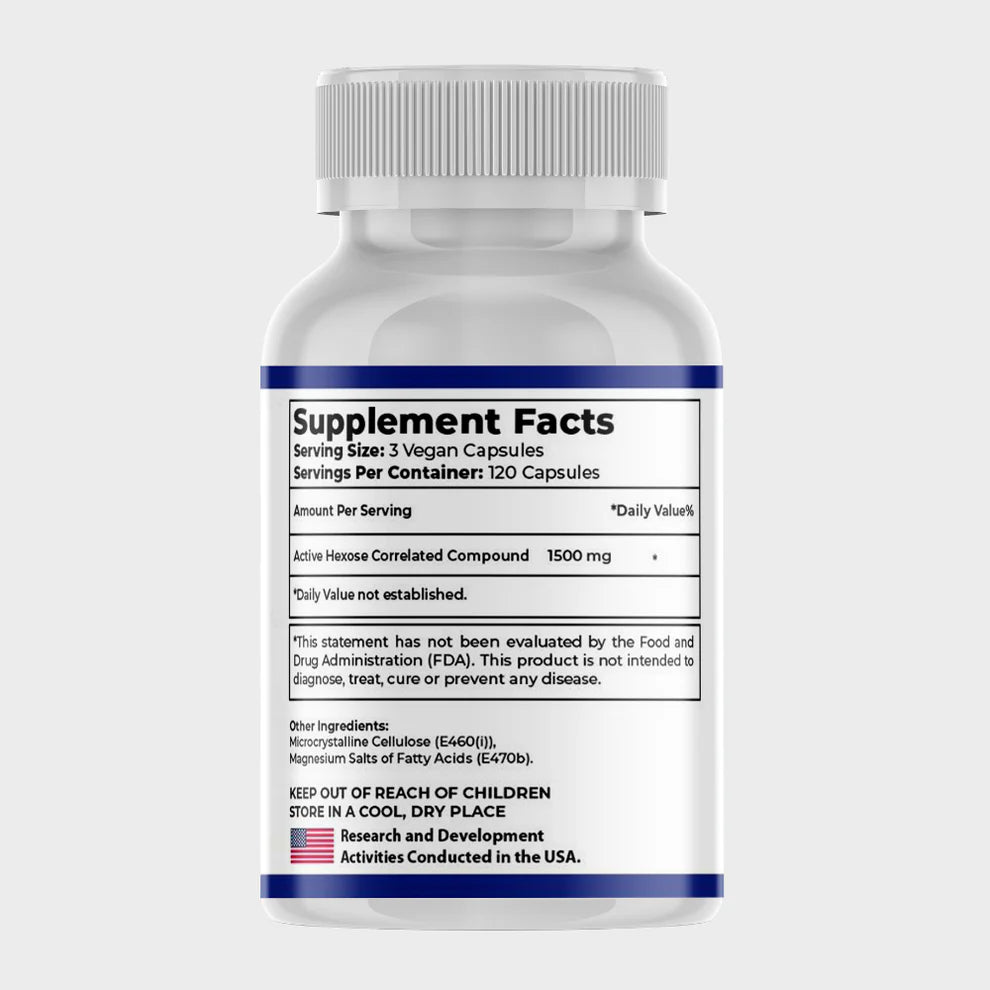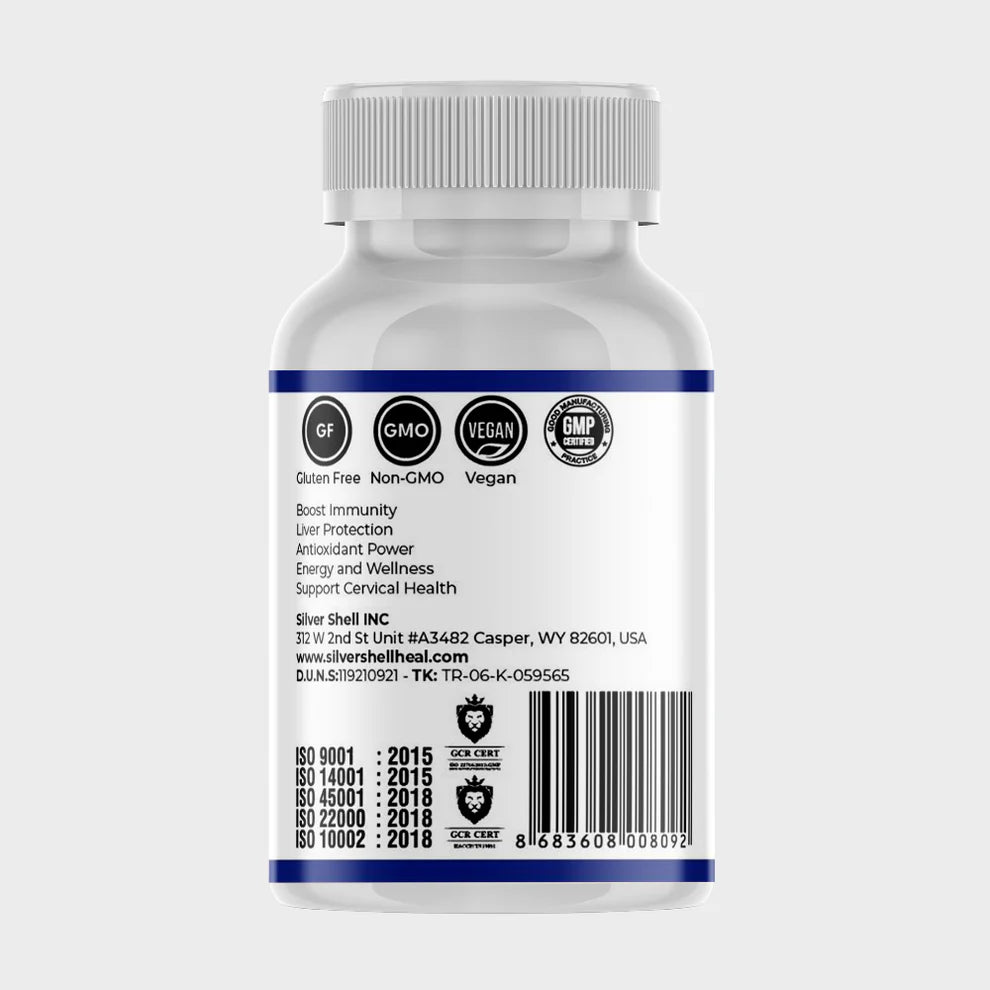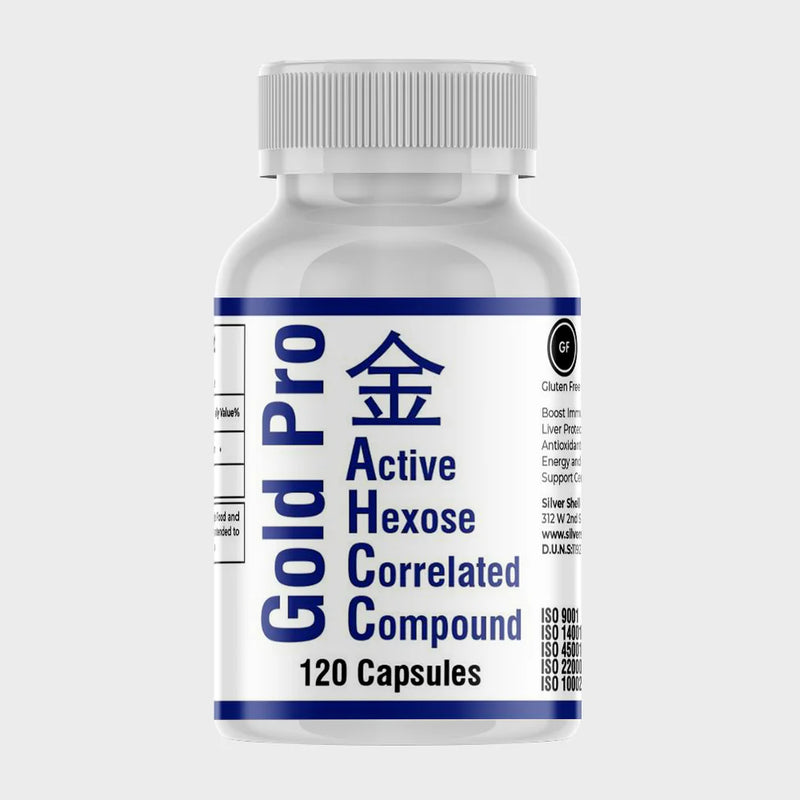Is HPV contagious? Absolutely. HPV is primarily transmitted through skin-to-skin contact, most commonly during vaginal, anal, or oral sex. However, it’s important to note that HPV can also spread through non-penetrative sexual activities. The virus thrives in moist environments, making the genital and oral areas particularly susceptible.
According to the Centers for Disease Control and Prevention (CDC), HPV is so contagious that nearly all sexually active individuals will contract at least one type of HPV in their lifetime. While most infections clear up on their own, some can persist and lead to health complications.
How Does HPV Spread?
Understanding how HPV spreads is crucial to preventing its transmission. Here are the primary ways HPV is contagious:
- Sexual Contact: HPV is most commonly spread through vaginal, anal, or oral sex. Even if an infected person shows no symptoms, they can still transmit the virus.
- Skin-to-Skin Contact: Unlike many other STIs, HPV doesn’t require the exchange of bodily fluids to spread. Simple skin-to-skin contact with an infected area can lead to transmission.
- Mother to Child: In rare cases, HPV can be passed from a mother to her baby during childbirth, potentially causing respiratory papillomatosis in the newborn.
- Shared Objects: While less common, sharing items like towels or underwear with an infected person could theoretically spread HPV, though this is not a primary mode of transmission.
Symptoms of HPV: What to Look Out For
One of the challenges with HPV is that it often shows no symptoms. When symptoms do appear, they can vary depending on the type of HPV involved. Common signs include:
- Genital Warts: These are small, flesh-colored bumps that may appear in the genital or anal area. They are caused by low-risk HPV types.
- Abnormal Pap Smears: High-risk HPV types can cause changes in cervical cells, which may be detected during routine screenings.
- Cancer: Persistent infections with high-risk HPV types can lead to cancers of the cervix, anus, throat, and other areas.
If you suspect you’ve been exposed to HPV, it’s essential to consult a healthcare provider for testing and guidance. Early detection can significantly reduce the risk of complications.
Is HPV Contagious Without Symptoms?
Yes, HPV can be contagious even when an infected person shows no symptoms. This is known as being asymptomatic. Many people with HPV are unaware they have the virus, which contributes to its widespread transmission. Regular screenings and safe sexual practices are critical to reducing the spread of asymptomatic HPV.
How to Reduce the Risk of HPV Transmission
While HPV is highly contagious, there are several steps you can take to protect yourself and others:
-
Get Vaccinated: The HPV vaccine is one of the most effective ways to prevent infection. The CDC recommends vaccination for both males and females starting at age 11 or 12, though it can be administered up to age 45.
-
Practice Safe Sex: Using condoms or dental dams can reduce the risk of HPV transmission, though they don’t eliminate it entirely since HPV can infect areas not covered by protection.
-
Regular Screenings: For individuals with a cervix, regular Pap smears and HPV tests can detect abnormalities early and prevent cervical cancer.
-
Limit Sexual Partners: Reducing the number of sexual partners can lower your risk of exposure to HPV.
- Avoid Sharing Personal Items: While rare, avoiding shared items like towels or razors can further reduce transmission risks.
The HPV Vaccine: A Game-Changer in Prevention
The HPV vaccine has been a significant advancement in preventing HPV-related diseases. According to the World Health Organization (WHO), the vaccine targets the most high-risk HPV types, including those responsible for 70% of cervical cancers.
The vaccine is most effective when administered before sexual activity begins, but it can still provide benefits for those who are already sexually active. If you haven’t been vaccinated, talk to your healthcare provider about your options.
Common Myths About HPV Contagion
There are many misconceptions about HPV and its transmission. Let’s debunk a few:
-
Myth: Only Women Can Get HPV
Fact: Both men and women can contract and spread HPV. Men are also at risk for HPV-related cancers, such as throat and anal cancer.
-
Myth: HPV Always Causes Symptoms
Fact: Most HPV infections are asymptomatic, meaning they show no signs or symptoms.
-
Myth: Condoms Provide Complete Protection Against HPV
Fact: While condoms reduce the risk, they don’t eliminate it entirely since HPV can infect areas not covered by the condom.
-
Myth: HPV Only Affects the Genitals
Fact: HPV can infect the mouth, throat, and other areas of the body.
Long-Term Effects of HPV
While many HPV infections clear up on their own, persistent infections can lead to serious health issues. These include:
-
Cervical Cancer: Nearly all cases of cervical cancer are caused by high-risk HPV types.
-
Other Cancers: HPV can also cause cancers of the anus, penis, vagina, vulva, and oropharynx.
- Genital Warts: Although not life-threatening, genital warts can be uncomfortable and emotionally distressing.
Regular screenings and early intervention are key to preventing these long-term effects.
The Science Behind HPV
HPV is a DNA virus that infects epithelial cells, which are the cells that line the surfaces of the body. There are over 100 types of HPV, and they are categorized as either low-risk or high-risk based on their potential to cause cancer.
-
Low-Risk HPV Types: These types, such as HPV 6 and 11, are responsible for genital warts and are not associated with cancer.
- High-Risk HPV Types: These types, such as HPV 16 and 18, are associated with cancers. HPV 16, in particular, is responsible for the majority of HPV-related cancers.
The virus enters the body through small tears in the skin or mucous membranes. Once inside, it can integrate into the host cell’s DNA, leading to uncontrolled cell growth and potentially cancer.
HPV and Cancer: What You Need to Know
HPV is responsible for nearly all cases of cervical cancer, but it can also cause other types of cancer. Here’s a breakdown:
-
Cervical Cancer: The most common HPV-related cancer, affecting thousands of women each year.
-
Anal Cancer: Both men and women can develop anal cancer due to HPV.
-
Oropharyngeal Cancer: This type of cancer affects the throat, tonsils, and base of the tongue and is increasingly linked to HPV.
- Penile, Vaginal, and Vulvar Cancers: These are less common but still significant risks associated with high-risk HPV types.
Early detection through regular screenings and vaccination are crucial in preventing these cancers.
HPV in Men: What You Should Know
While much of the focus on HPV is on women, men are also at risk. HPV can cause genital warts and cancers in men, including penile, anal, and oropharyngeal cancers. Men can also transmit the virus to their sexual partners.
Unfortunately, there is no routine screening for HPV in men, making vaccination and safe sexual practices even more important. The HPV vaccine is recommended for boys and young men to protect against the most harmful types of the virus.
HPV and Pregnancy
Pregnant women with HPV may have concerns about how the virus could affect their pregnancy and baby. Here’s what you need to know:
-
Genital Warts: HPV can cause genital warts to grow larger during pregnancy due to hormonal changes. In rare cases, large warts can obstruct the birth canal.
-
Transmission to Baby: While rare, HPV can be transmitted to the baby during childbirth, potentially causing respiratory papillomatosis.
- Cervical Changes: Pregnant women with HPV should continue to have regular cervical screenings to monitor for any changes.
If you’re pregnant and have HPV, discuss your concerns with your healthcare provider to ensure the best care for you and your baby.
HPV and Mental Health
Living with HPV can take a toll on mental health. The stigma surrounding STIs, fear of cancer, and concerns about transmission can lead to anxiety, depression, and relationship issues. It’s important to seek support if you’re struggling with the emotional impact of HPV.
-
Talk to a Counselor: A mental health professional can help you navigate the emotional challenges of HPV.
-
Join a Support Group: Connecting with others who have HPV can provide comfort and understanding.
- Educate Yourself: Knowledge is power. Understanding HPV can help reduce fear and anxiety.
Frequently Asked Questions About HPV
1. How Long Is HPV Contagious?
HPV can be contagious as long as the virus is present in the body. Even after symptoms disappear, the virus may still be transmissible.
2. Can You Get HPV More Than Once?
Yes, it’s possible to get infected with different types of HPV multiple times.
3. Is HPV Contagious Through Kissing?
While rare, HPV can be transmitted through oral contact, including kissing, if the virus is present in the mouth or throat.
Conclusion: Is HPV Contagious? Yes, But It’s Manageable
So, is HPV contagious? Without a doubt, yes. However, with proper education, vaccination, and preventive measures, you can significantly reduce your risk of contracting and spreading HPV. Regular screenings, safe sexual practices, and staying informed are your best defenses against this common yet manageable virus.


